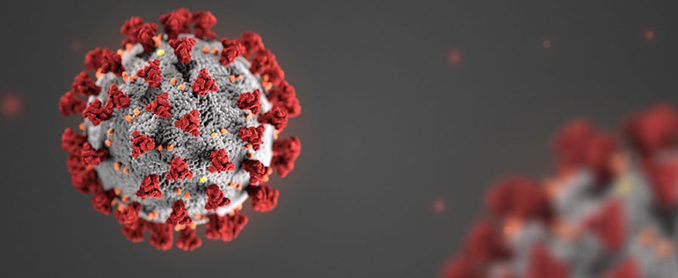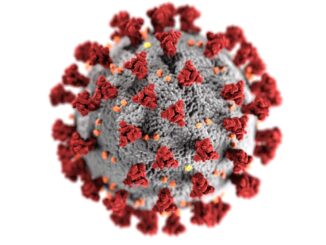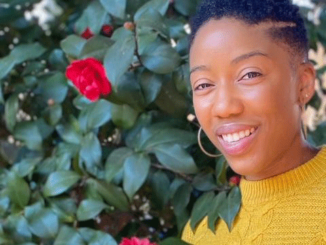
By National Black Nurses Association
Silver Spring, Maryland) April 23, 2020 – The National Black Nurses Association (NBNA), the largest association of professional Black nurses in the country across all specialties, today called for policymakers, professional healthcare organizations and health systems to take immediate actions to address the disproportionate impact of COVID-19 on communities of color. This is based on data from the Centers for Disease Control and Prevention (CDC) and data released by individual states that clearly show that African Americans with COVID-19 are more frequently hospitalized and are dying at higher rates. This disparity in diagnosis and deaths have been documented in cities such as New Orleans, LA; New York, NY; Detroit, MI; Chicago, IL; and Saint Louis, MO.

“Issues of health disparities related to social determinants of health and structural inequality in African-American communities are not new. The recent COVID-19 pandemic has exacerbated those with underlying chronic health conditions such as diabetes, heart disease, cancer, lupus, obesity and hypertension making them even more vulnerable” stated Sheldon D. Fields, PhD, RN, FNP-BC, AACRN, FAANP, FNAP, FAAN the chair of NBNA’s national health
policy committee. “NBNA and its members across 114 chapters have advocated for increased resources to address these disparities since the founding of the organization. Today, we need to adopt immediate recommendations that we know that can save lives by reducing the incidence of chronic conditions, as well as decrease the incidence of coronavirus,” said NBNA President Martha A. Dawson, DNP, RN, FACHE.
NBNA, therefore, calls on federal and state policymakers, professional healthcare organizations and health systems to adopt our three recommendations:
Ensure timely, accurate and transparent reporting of COVID-19 socioeconomic, gender, health insurance status, and racial and ethnic demographic data at the national and state levels.
It is vitally important that we have accurate, consistent and timely wide spread access to demographic data to understand the extent to which African Americans, Hispanics and other impacted communities are accessing COVID-19 testing and to what degree they are experiencing increased rates of COVID-19 infection and deaths. This is especially important as discussions about re-opening businesses in highly impacted communities of color are underway.
Ensure that all nurses have appropriate access to Personal Protective Equipment (PPE) while working.
There are numerous reports about the lack of adequate access to PPE for nurses working with COVID-19 patients, thus being exposed, getting sick and some cases dying themselves. All healthcare systems, but especially those in historically underserved minority communities, must adhere to evidenced based standards for the use of PPE as put forth by scientific based organizations such as the World Health Organization and the Centers for Disease Control and Prevention. All steps must be taken to protect our nursing workforce who constitute the single largest number of all healthcare workers.
Provide adequate healthcare services that directly and more fully address underlying chronic health conditions in Black communities.
Disproportionate numbers of chronic health conditions among Black populations makes them more susceptible to having adverse outcomes from exposure to COVID-19. We must address the root causes of the social determinants of health (income /poverty, transportation, education, culture, adequate nutrition, physical environment, childhood experiences and social support) and the forces promoting structural inequality allowing these conditions to continue to exist. Ensuring access to care during this crucial time will help ensure that Black patients with chronic health conditions are monitored and appropriately tracked, therefore decreasing their risk of adverse outcomes from COVID-19 infection.
About the NBNA
The NBNA was organized in 1971 by Dr. Lauranne Sams, former Dean and Professor of Nursing, School of Nursing, Tuskegee University, Tuskegee, Alabama. NBNA is a non-profit organization incorporated on September 2, 1972 in Ohio and represents 200,000 African American registered nurses, licensed vocational/practical nurses, nursing students and retired nurses from the USA, Eastern Caribbean and Africa, with 114 chartered chapters, in 35 states. Visit NBNA at: https://www.nbna.org/






